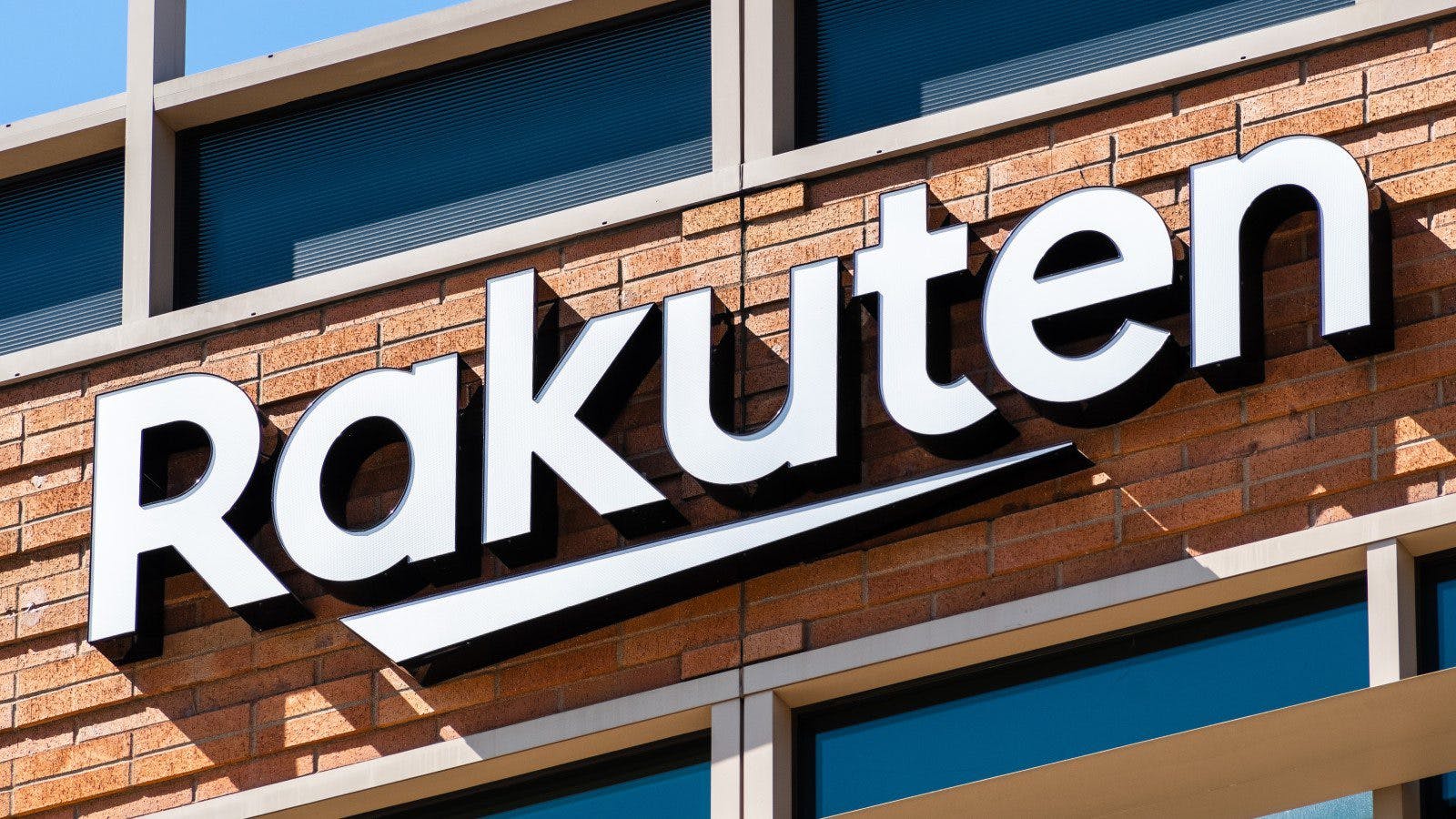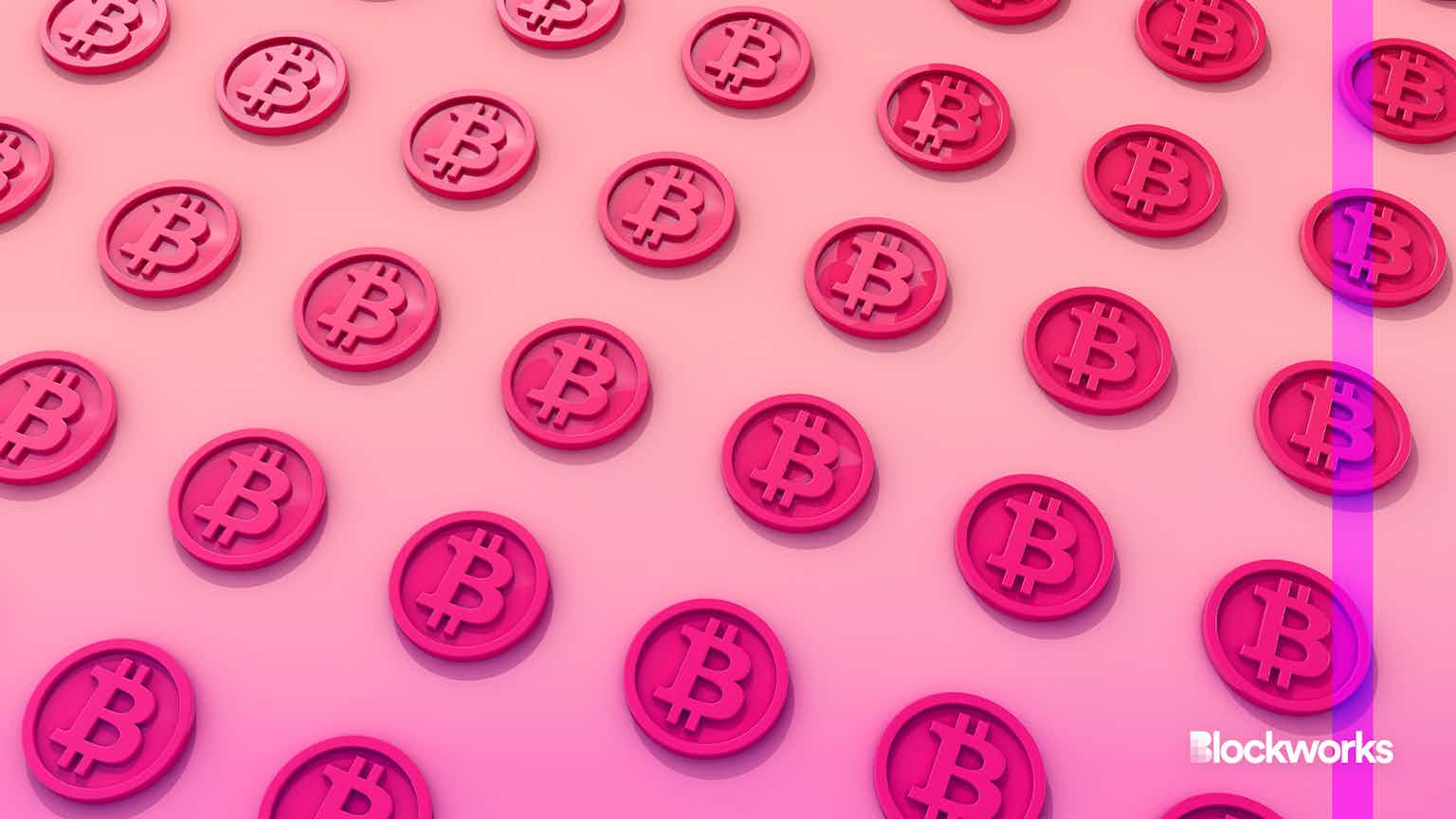Japan’s E-Commerce Giant Rakuten Launches NFT Marketplace
Rakuten said its NFT marketplace would allow for the purchase, sale and trade of virtual assets based on Japanese manga and TV shows

Close up of Rakuten sign. Silicon Valley, US. Credit: Shutterstock
key takeaways
- Rakuten has launched its own NFT platform for the sale and trade of virtual assets in a bid to cash in on the crypto sector
- The company said its platform also features an ability for IP holders to build their own webites supporting the issuance and sale of NFTs
Japanese e-commerce giant Rakuten is hoping to capture some of the fervor surrounding NFTs and has launched its own marketplace for users to buy, sell and trade them.
According to a press release on Friday, the company said its Rakuten NFT (non-fungible token) platform is focused on NFTs in areas such as sports and entertainment, including music and anime.
The marketplace also features a “one-stop” platform providing intellectual property (IP) holders with the ability to build their own website for the issuance and sale of NFTs, the company said.
In the coming years, Rakuten said it plans to introduce a peer-to-peer NFT issuance and sale service supporting IP holders worldwide in a bid to “spur further development of a global market” for the digital medium.
NFTs are digital assets tied to blockchains that represent ownership over real-world or virtual goods.
Rakuten’s marketplace debut comes at a time when the trading and selling of NFTs have continued to prove lucrative despite the wider cryptocurrency market suffering significant declines in value.
While daily sales volumes for the virtual assets have dropped from a peak of $422 million witnessed in August, the market was recently estimated to be worth between $20 billion to $40 billion.
Hoping to build on its recent foray into the crypto industry, Rakuten said it would be releasing NFTs containing illustrations from famed manga artists and video footage from TV Asashi as well as digital trading cards.
Last year, the company opened up functionality for its users to pay in crypto at select merchants throughout Japan by enabling payments via Rakuten Pay and Rakuten Point Cards at point-of-sales terminals.
Start your day with top crypto insights from David Canellis and Katherine Ross. Subscribe to the Empire newsletter.





